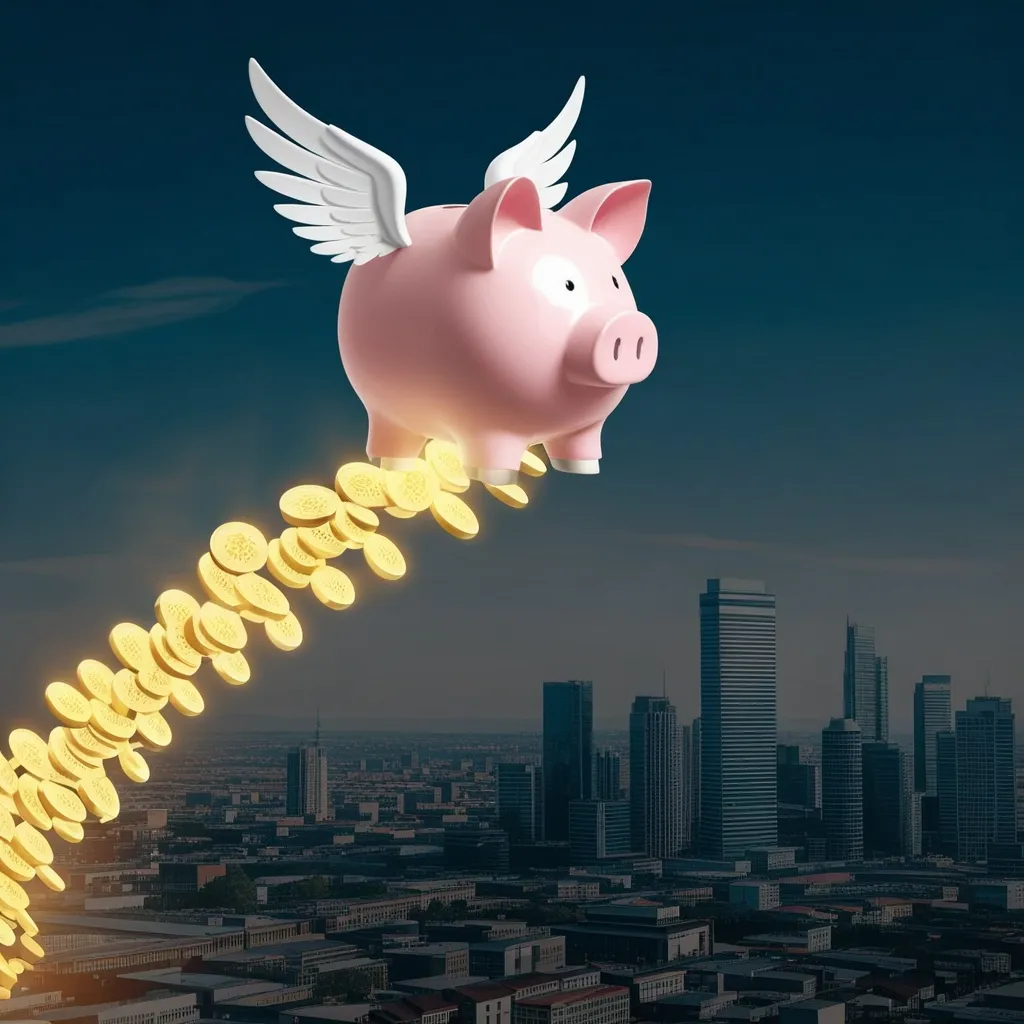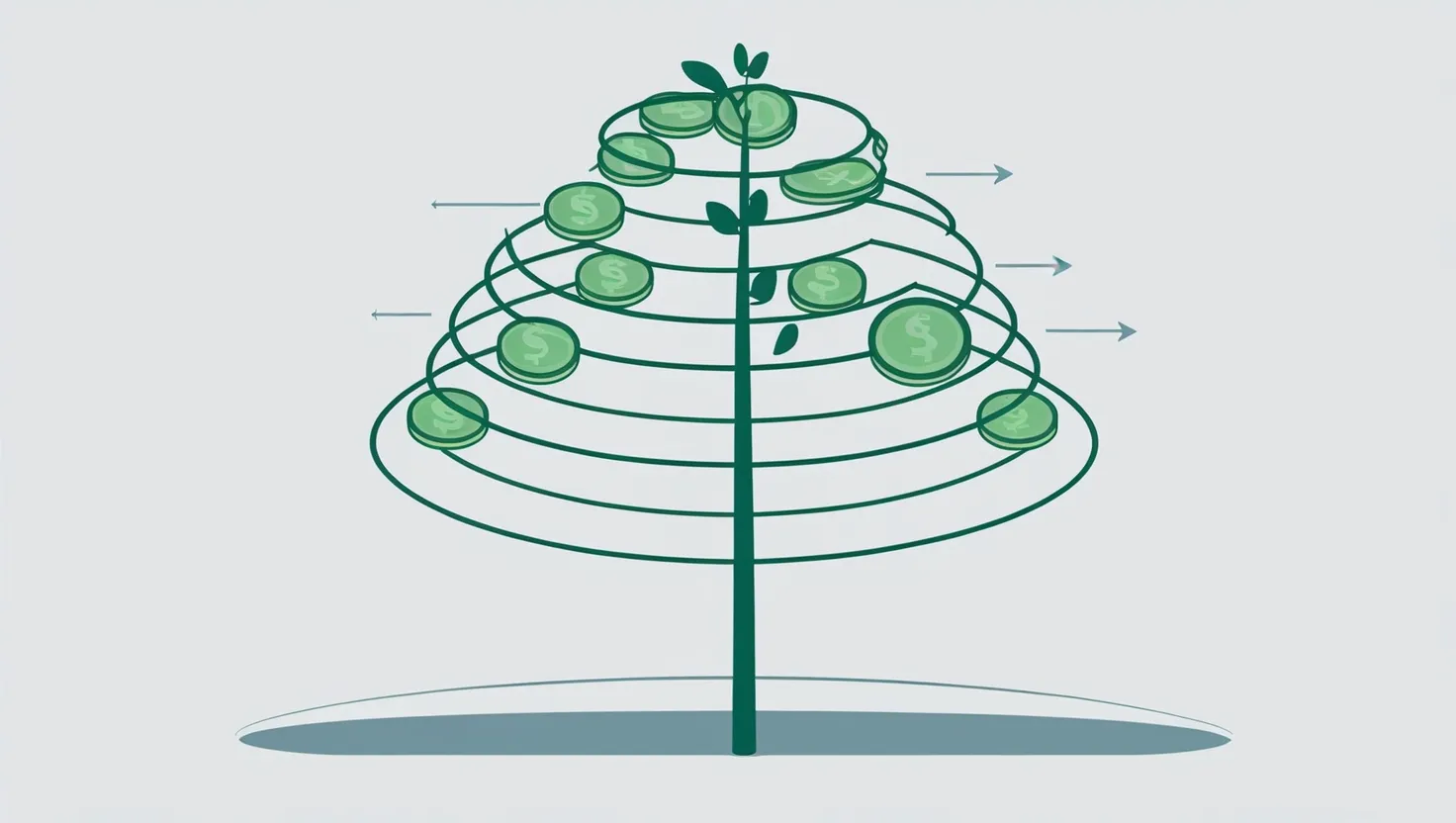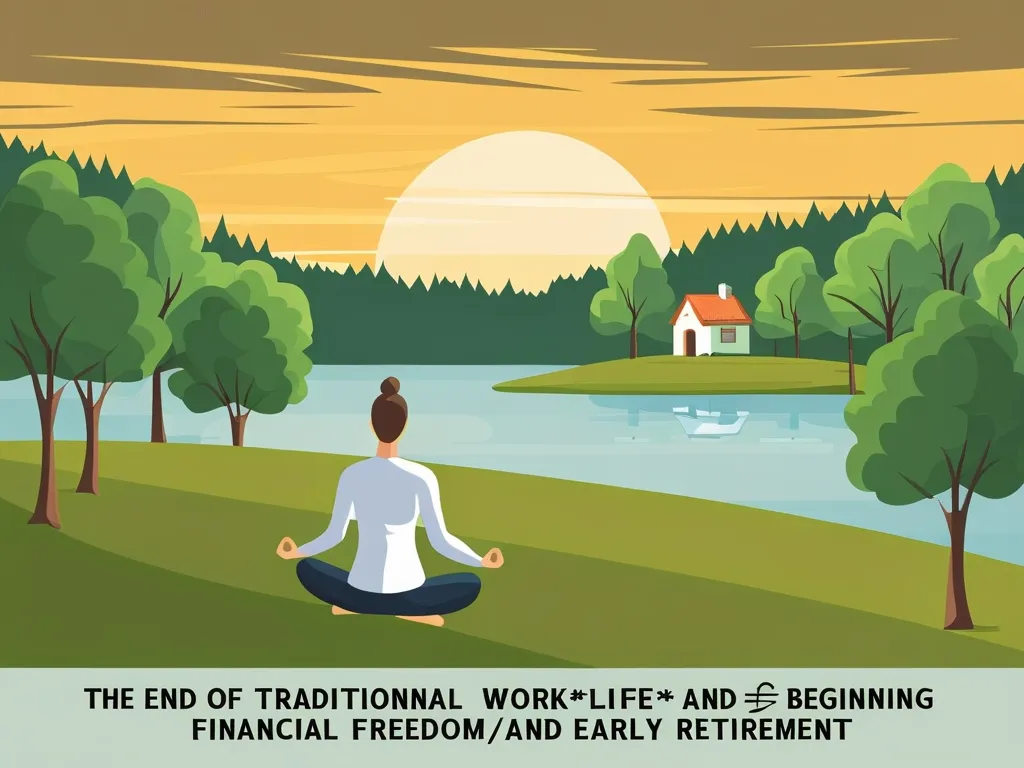Saving Smart: Why Your Savings Account Might Be Costing You Money
We’ve all heard it before - save, save, save! It’s drilled into us from a young age that stashing away cash is the responsible thing to do. But what if I told you that having too much money in your savings account could actually be a financial misstep? Yep, you read that right. Let’s dive into why your savings strategy might need a refresh.
First things first, don’t get me wrong - having an emergency fund is crucial. Life has a funny way of throwing curveballs when we least expect it. But once you’ve got that safety net in place, it’s time to think smarter about your money.
Here’s the thing: most regular savings accounts are offering interest rates that’ll make you want to cry. We’re talking an average of less than 1% APY. That’s like trying to fill a swimming pool with a teaspoon. Meanwhile, inflation is busy eroding the value of your money faster than you can say “compound interest.”
Let’s put this into perspective. If inflation is cruising along at 3% and your savings account is giving you a measly 0.5% interest, you’re essentially losing 2.5% of your money’s value each year. It might not seem like much, but over time, it adds up. Before you know it, your hard-earned savings have less buying power than when you started.
So, what’s the alternative? Well, that’s where things get interesting. High-yield savings accounts are out there offering rates of up to 5% APY or even more. That’s a game-changer right there. And if you’re willing to lock your money away for a bit, certificates of deposit (CDs) can offer similar or even better returns.
But here’s where it gets really exciting - investing. I know, I know, the word itself can be intimidating. But hear me out. Mutual funds, bonds, stocks, and ETFs offer the potential for much higher returns than any savings account. Sure, there’s some risk involved, but with a smart, diversified approach, you can grow your wealth in ways that’ll make your savings account blush.
Let’s talk about dollar-cost averaging for a sec. It’s a fancy term for a simple concept - investing a fixed amount regularly, regardless of market conditions. It’s like cruise control for your investments, helping you navigate the ups and downs of the market without losing sleep over it.
Now, I get it. There’s something comforting about having a big pile of cash sitting in your account. It feels safe, right? But that emotional attachment to cash can be costly. It’s like keeping all your money under your mattress - sure, you know where it is, but it’s not doing anything for you.
And here’s a little secret the banks don’t want you to know. While they’re paying you peanuts in interest, they’re lending out your money at much higher rates. That 0.5% they’re giving you? They could be lending it out at 8% or more. Talk about a sweet deal - for them.
Oh, and let’s not forget about taxes. That little bit of interest you’re earning? It’s taxed like regular income. So if you’re in a higher tax bracket, Uncle Sam is taking an even bigger bite out of your already meager returns.
But wait, there’s more! Some savings accounts come with maintenance fees if you don’t keep a certain balance. It’s like paying rent for your own money. Not cool.
Now, I’m not saying you should empty your savings account and go all-in on the stock market. That’s not smart either. It’s all about balance and having a plan. The old 50/30/20 rule can be a good starting point - 50% of your income for necessities, 30% for wants, and 20% for saving and debt repayment. But remember, this is just a guideline. Your situation might call for a different approach.
If you’re saving for something specific, like a house or a fancy vacation, keeping that money in a high-yield savings account or CD makes sense. But for long-term goals like retirement? That’s where investing can really shine.
Diversification is key here. Think of it like not putting all your eggs in one basket. Maybe keep 6-12 months of living expenses in that emergency fund, but consider investing money you won’t need for 5-10 years in things like stocks or real estate. It’s about managing risk and making your money work for you across different time frames.
Here’s the bottom line: saving money is great, but it’s not just about how much you save - it’s about how smart you are with what you save. It’s time to make your money work as hard as you do.
So, what can you do right now? Start by taking a good, hard look at your savings. Are they just sitting there, barely keeping up with inflation? If so, it might be time for a change. Look into high-yield savings accounts or CDs for money you might need in the near future. For long-term savings, consider dipping your toes into the world of investing.
Remember, even small changes can make a big difference over time. Maybe start with moving some of your savings to a higher-yield account, or set up a small, regular investment plan. It doesn’t have to be all or nothing.
The key to smart living and smart finances is staying aware and being willing to adapt. Keep an eye on your savings, stay informed about your options, and don’t be afraid to make changes when needed. Your future self will thank you for it.
In the end, it’s all about finding that sweet spot between having enough cash on hand for peace of mind and putting your money to work for a brighter financial future. It might take some trial and error, but hey, that’s all part of the journey to financial savvy.
So, are you ready to give your savings strategy a makeover? Trust me, your wallet will love you for it. And who knows? You might just find that managing your money smarter is the key to unlocking those big dreams you’ve been putting on hold. Now that’s what I call smart living!






